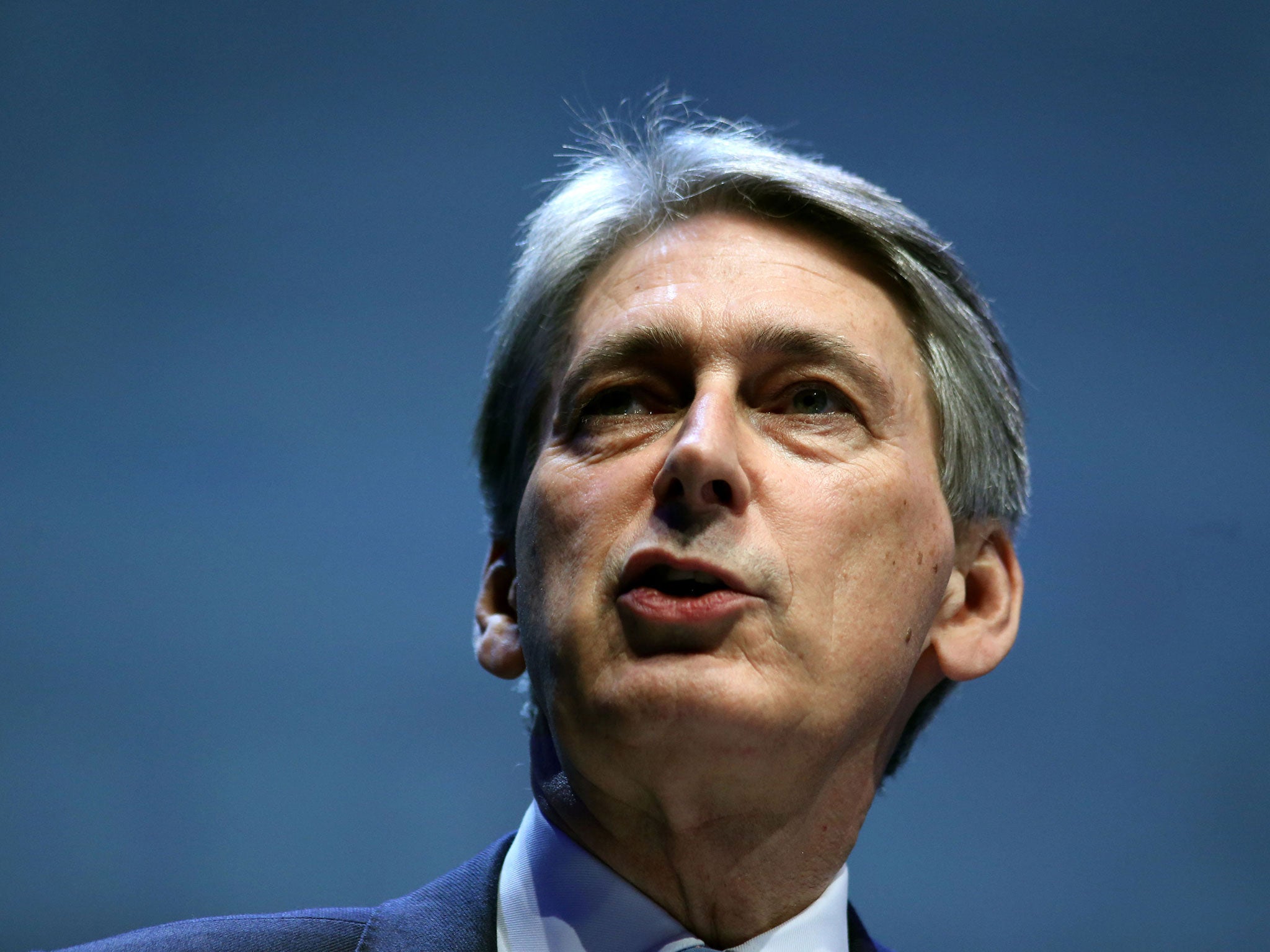Economic reality brutally exposes May's Brexit dividend for NHS claim
Brexit is a lead ball the UK economy is having to drag along, as two pieces of news today illustrate

Your support helps us to tell the story
From reproductive rights to climate change to Big Tech, The Independent is on the ground when the story is developing. Whether it's investigating the financials of Elon Musk's pro-Trump PAC or producing our latest documentary, 'The A Word', which shines a light on the American women fighting for reproductive rights, we know how important it is to parse out the facts from the messaging.
At such a critical moment in US history, we need reporters on the ground. Your donation allows us to keep sending journalists to speak to both sides of the story.
The Independent is trusted by Americans across the entire political spectrum. And unlike many other quality news outlets, we choose not to lock Americans out of our reporting and analysis with paywalls. We believe quality journalism should be available to everyone, paid for by those who can afford it.
Your support makes all the difference.The sheer mendacity of Prime Minister Theresa May’s claim of part funding a £20bn cash boost to the NHS through a “Brexit dividend” has been brutally exposed by two pieces of economic news this morning.
The first comes courtesy of the British Chambers of Commerce, which has warned that the British economy is at its weakest since the financial crisis of 2008.
The business group has cut its 2018 growth forecast to a dismal 1.3 per cent, with 2019 now expected to produce a similarly torpid 1.4 per cent.
The BCC has also described the outlook for consumer spending, business investment and trade as “lacklustre” and warned that its members face a tough few years ahead of them.
Brexit, and the chronic uncertainty created by the Government’s cack-handed approach towards it, is playing a major role in that, although there are other concerns too, such as the increasing possibility of a global trade war.
What the BCC is saying chimes with a string of recent data that has combined to paint a picture of a UK economy that is struggling.
Far from producing a dividend, Brexit is instead serving as a lead ball that the country is having to drag along behind it. The evidence increasingly suggests that it’s starting to run out of puff.
The second piece of news is from Oliver Wyman, a management consultant, which has modelled five different Brexit scenarios.
The worst of them, in which the UK crashes out of the EU without a deal and moves to trading via World Trade Association rules, would cost £7bn more than Ms May says she wants to spend on the NHS. That £27n equates to nearly £1,000 for every household in Britain, with the poor, as ever, set to be worst affected, because of the proportion of their income devoted to groceries, the price of which will rise sharply.
Of course, the worst may not happen. Ms May could yet strike a deal, and elephants might learn to make like Dumbo and fly. Trouble is, as the pitchfork wielding zealots she is in hock to stamp their little feet, the worst is looking ever more likely. And even if it is avoided costs will rise, while business profitability falls, in every scenario.
Pity poor Philip Hammond. It’s the Chancellor who’s going to have to come up with the money that the health service desperately needs against that backdrop. Ms May's pledge of extra money for it is welcome but she's told her Government's bean counter to conjure it up with a diamond flush when the cards she has dealt him are a two and seven of clubs.
Just imagine the reaction to Labour’s Jeremy Cornyn making similar claims. The resultant derision would have been swift and cutting.
Ms May has faced some criticism for claiming a Brexit dividend, but it’s as nothing when compared to what Labour might have had to put up with, partly because the Tories have somehow managed to maintain a reputation for economic competence.
The forecasts from the BCC, the Oliver Wyman study, and the grim official statistics that are piling up, increasingly demonstrate that it’s undeserved.
Join our commenting forum
Join thought-provoking conversations, follow other Independent readers and see their replies
Comments